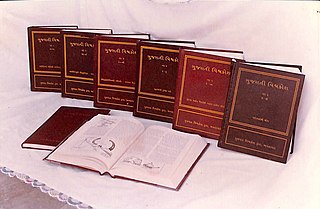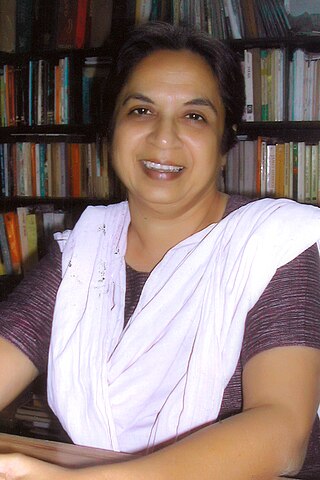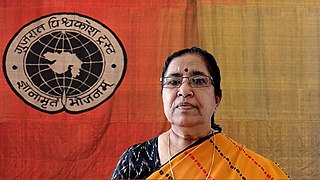Books
He is author of books related Rural and Agricultural Development and Mitigation of Global Warming and Public Leadership. • Yug Purush – Param Pujya Pramukhswami Maharaj – English 2004-2009-2017, Gujarati-2005-2014, Hindi-2006, Telugu-2007.Shree Bhagwati Trust – Ahmedabad, Gujarat-India.
• Planning for Rural Development (Vol.I)-Methodology for Micro Level Planning for Rural Development-1980, Gujarat State Rural Development Corporation-Gandhinagar, Gujarat-India.
• Planning for Rural Development (Vol.II)-Evaluation of Rural development Programme -Guidelines for Field Level Officers-1982.Gujarat State Rural Development Corporation, Gandhinagar, Gujarat-India.
• Evolution of Rural Development-1988-Kathan Education Communication Unit, Ahmedabad- Gujarat-India.
• Mapping Development Gujarat Experience- English Edition-April 2003, Shree Bhagwati Trust – Ahmedabad and Gujarati Edition - May 2004 Navbharat Publication, Ahmedabad – Gujarat-India.
• Tauka and Village Production plan-May 2005-Anand Agriculture University, Anand, Gujarat-India, 2004.
• Manual for farmers for crop production plan–Khedut Marg-Darshika May–Junagadh Agriculture University–Junagadh, Gujarat–India, 2004.
• Kirishi Mahotsav, 2005–Department of Agriculture and Cooperation, Government of Gujarat–August 2005.
• Leadership by Choice and not by Chance–August 2007, Sahitya Mudranalaya, Ahmedabad.
• Nayamurti Shri. Nanubhai Shelat Smruti Granth–June 2008, Sahitya Mudranalaya, Ahmedabad.
• What Ails Our Agriculture? Gujarat experience, Shree Bhagvati Trust, Ahmedabad, 2007.
• Sustainable Development – a green solution to Global Warming-The shroff Experience, Mandthan Educational programme Society, 2010.
• Applied Biodiversity for Sustainable Agriculture, 2012, Sahitya Mudranalaya, Ahmedabad.
• Leadership and Greener Agriculture in the Arena of Climate Change 2012, Sahitya Mudranalaya, Ahmedabad.
• Vulnerability of Agriculture, Water and Fisheries to Climate Change - Springer-2014.
• Climate Change modeling planning and policy for Agriculture-Springer 2015.
• Guide Book for Farmers -Badalata havaman Ma Kushal Kheti- Gujarati Book – 2014, Sahitya Mudranalaya, Ahmedabad.
• Guide Book for Farmers -Badalata havaman Ma Kushal Kethi - Hindi 2015.
• Guide Book for Farmers -Climate Smart Agriculture –English-2014.
• Building Climate Smart Farmers with Prof. Odemari Mbuya– English, Gujarati & Hindi Edition- January 2018.
• Developing Gujarat – My Memories – Dr.H.R.Patankar, English Edition – December- 2018, Shree Bhagvati Trust, Ahmedabad.
• Vikastu Gujarat Sah –Yatra, with Dr.H.R.Patankar, Gujarati Edition – November 2019, Shree Bhagvati Trust, Ahmedabad.
• Atmanirbhar Krishi – Role of Stakeholders – Gujarati Edition – in May, 2020 – July, 2020.
• Atmanirbhar Self Reliant and Climate Smart Farmers – Roadmap for Agriculture, 2020-2030, India, Kirit Shelat, Odemari Mbuya, Arvind Pathak & Suresh Acharya, Shree Bhagvati Trust, Ahmedabad.
• Aatmanirbhar Farmers of Gujarat: Roadmap 2030,A transformative roadmap for Developing an Antmanirbhar Agriculture Sector of Gujarat by the year 2030, Manish Bhardwaj and Kirit Shelat.
• “Amrutkal ma Atmanirbhar “Havaman Badlav Ma Kushal Kethi - Gujarati Book – Dr.Kirit N Shelat, Dr. A R Pathak, Dr. Odemari Mbuya, 2023, Shree Bhagvati Trust, Ahmedabad.















